Two United Nations peacekeepers from Sri Lanka died and six were injured on Friday, January 25 in central Mali after their vehicle hit a mine, the U.N. Mission in Mali (Minusma) said.
“This morning at around 0600, a vehicle in a Minusma logistics convoy hit a mine near Douentza, Mopti region,” the statement said, without giving the nationality of those involved.
U.N. Secretary-General António Guterres in a later statement condemned the improvised explosive device attack on peacekeepers.
“Two peacekeepers from Sri Lanka were killed and six injured. A peacekeeper from Burkina Faso was injured in a separate improvised explosive device attack against another Mission convoy near Douentza yesterday,” the statement said.
It noted that “attacks targeting United Nations peacekeepers may constitute war crimes under international law.”
The U.N. Security Council in a statement stressed that “involvement in planning, directing, sponsoring or conducting attacks against MINUSMA peacekeepers constitutes a basis for sanctions designations pursuant to United Nations Security Council resolutions.”
The deaths come after gunmen killed 10 Chadian peacekeepers and injured at least 25 others in an attack on a U.N. camp in Aguelhok, northern Mali on Sunday.
France 24 analyst Wassim Nasr tweeted screenshots of a statement from the Support Group for Islam and Muslims (JNIM) claiming the Aguelhok attack. JNIM is Al-Qaeda’s branch in Mali, and was formed in 2017 by the merger of several smaller groups including the Sahara branch of Al-Qaeda in the Islamic Maghreb, Ansar Dine and Al-Mourabitoun. Its leadership has pledged allegiance to Al-Qaeda leader Ayman al-Zawahiri.
Guterres recently warned that the U.N. is struggling with close to $2 billion in unpaid contributions to its peacekeeping budget, with current cash balances covering less than two months of operations.
The recent unrest in the Sahel began in Mali in 2012 with Tuareg separatist uprising against the state, which was exploited by Islamist extremists linked to al-Qaeda who took key cities in the desert north.
France began its Operation Serval military intervention in its former colony early the next year, driving the jihadists from the towns, but the militant groups morphed into more nimble formations operating in rural areas, sometimes winning over local populations by providing basic services and protection from bandits.
The insurgency has gradually spread to central and southern regions of Mali, and across the borders into neighboring Burkina Faso and Niger.
Large swathes of the country remain outside government control, despite a 2015 peace accord designed to isolate the Islamists.
The French mission evolved into the current Operation Barkhane, which has roughly 4,500 French personnel deployed with a mandate for counter-terrorism operations across the region.
Troops deployed to Barkhane work alongside the U.N. Minusma stabilization mission in Mali, which began in 2013 and has about 12,000 troops and 1,750 police deployed, as well as the G5 Sahel joint counter-terrorism force that aims to train and deploy up to 5,000 personnel.
In his latest quarterly report on Mali, U.N. Secretary-General Antonio Guterres highlighted the continued growth of improvised explosive device attacks.
“The number of attacks of this type has increased steadily since January 2018, reaching 192, while there had been only 124 during the same period in 2017,” according to the report.
UN peacekeeping missions threatened by $2 billion budget gap
With reporting from AFP. This post was updated on January 25 with U.N. statements.


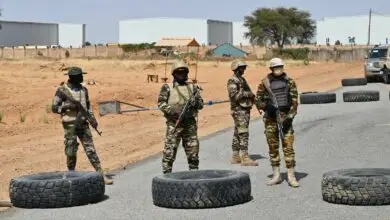
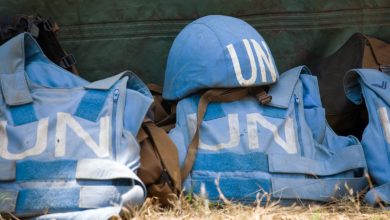
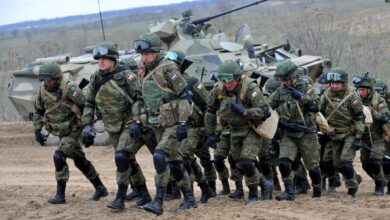

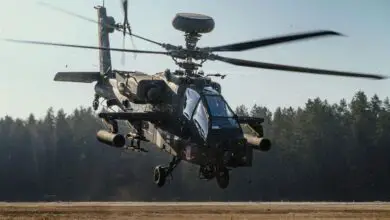
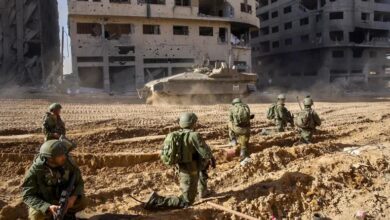

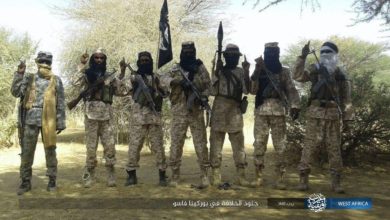
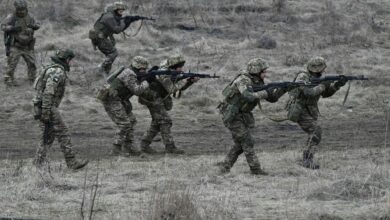
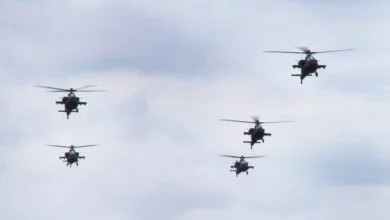
8 Comments